
Going Up: The Challenge of Reopening Shared Office Buildings in a COVID-19 World
0 Comments
/
This report finds that safely bringing employees back into workplaces presents a significant challenge for employers located in office buildings, particularly when it comes to elevator operations and building entry and exit. To address the challenge, managers must develop plans to control the flow of workers.

Telecommuting Survey Reveals Potential for Greater Shift Towards Remote Work After COVID-19 Pandemic
Citing an avoidance of the commute and more flexible scheduling, nearly 63 percent of respondents to Pioneer Institute’s survey, “Will You Commute To Work When The COVID-19 Crisis Is Over?” expressed a preference to work from home one day a week, and a plurality preferred two to three days a week, even after a COVID-19 vaccine is available.

Understaffing at Long-Term Care Facilities Is Not Unique to the Holyoke Soldiers’ Home. It’s Embedded in Federal Standards.
This study shows that standards enforced at the federal and state levels are insufficient to address chronic staffing issues reported by staff and residents’ families at the Holyoke Soldiers’ Home, making that facility particularly vulnerable to the COVID-19 pandemic.
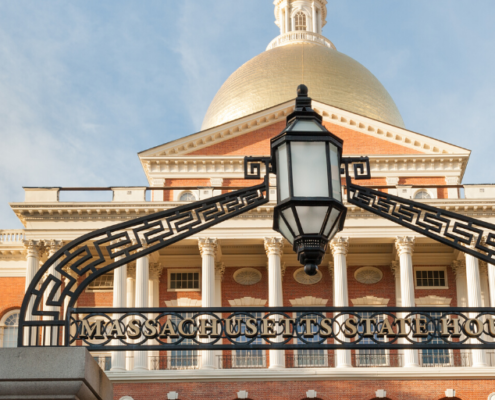
COVID-19 will likely lead to a recession. Can Massachusetts municipal budgets handle one?
Using municipalities' experiences during the Great Recession, a new policy brief examines the likely impact of COVID-19 on local property taxes, as well as political implications for state aid. We list the municipal revenues by category among the least tax-reliant communities in MA, show the trajectory of tax revenue growth rate in Massachusetts state and local governments, and rank stabilization fund assets per capita among Massachusetts Gateway Cities.

Case Studies on Re-Opening National Economies, and What to Expect in the U.S. and Massachusetts
Based on case studies from Europe, Massachusetts’ strategy for beginning to emerge from the COVID-19 pandemic may include allowing businesses to open in phases and extending social distancing guidelines that include mask-wearing and maintaining distances between individuals. This report compares the reopening approaches of three European countries – Austria, Denmark, and Germany – to highlight approaches that could inform the Commonwealth’s reopening strategy.

A Look at the Massachusetts Industries that are Most Vulnerable Due to COVID-19
A new report using recent data provided by the Massachusetts Executive Office of Labor and Workforce Development shows that hospitality, retail trade, healthcare and social assistance, and construction are the industries that have suffered the most unemployment as a result of the coronavirus outbreak.

Unprecedented Massachusetts unemployment projections set the stage for a state budget crisis
The COVID-19 recession could cause Massachusetts’ unemployment rate to skyrocket to 25.4 percent by this June, according to a new policy brief published by Pioneer Institute. The Commonwealth’s unemployment rate was 2.5 percent in February.

Some Big, Broad Economic Trends in Massachusetts
A new report from Pioneer Institute that draws on data from MassEconomix shows that levels of employment in Massachusetts had surpassed pre-Great Recession levels as of 2018. In “Some Big, Broad Economic Trends in Massachusetts,” Pioneer analysis of two decades of data shows fluctuating employment changes across the state, as well as firm size information and the largest employers.
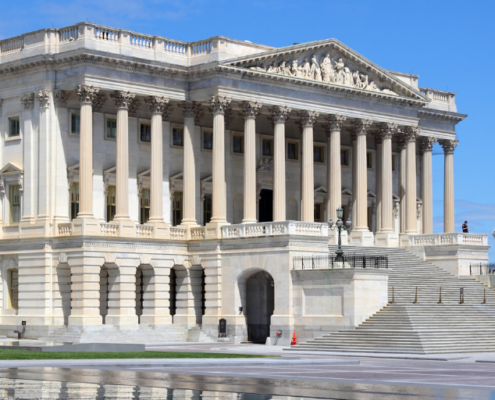
The Federal Coronavirus Relief Act impact on Massachusetts
Congress has passed the Coronavirus Aid, Relief, and Economic Security Act, providing $2.2 trillion in financial relief to laid-off workers, hospitals, and distressed industries. The bill provides an extra $600 per week in unemployment benefits to each recipient for up to four months and extends benefits to previously ineligible categories of workers, including independent contractors, those with limited work history, and self-employed persons.

Greater Boston as a Global Competitor
This report finds that in order for Boston to become even more attractive to international companies and investors, Boston-area leaders must work to improve housing and healthcare affordability, transportation infrastructure, economic development policies, and education. Pioneer synthesized dozens of economic, lifestyle, and governance indicators into five categories of importance to Boston’s profile in the international competition for talent and investment.

Public Comment on MassDOT’s I-90 Allston Multimodal Project National Environmental Policy Act Review Scoping Report
Pioneer Institute’s Public Comment calls on the Massachusetts Department of Transportation (MassDOT) to revise its Scoping Report on the I-90 Allston Multimodal Project and recommend an additional option to the Federal Highway Administration (FHWA). The Institute believes that closer analysis of an at-grade option may reveal that an at-grade design will shorten construction time, lower costs, create fewer negative economic and congestion impacts, and improve neighborhood access to parkland along the Charles River.

How Occupational Licensing Laws Reduce State and Local Tax Revenues: The Public Finance Case for Occupational Licensing Reform
This new report shows that overly burdensome occupational licensing requirements not only slow down the Massachusetts economy and cost the state tens of thousands of jobs, but also reduce state and local tax revenue.

The $8.5 Billion Marshall Plan for MBTA Needs
Going from much larger capital budgets to delivering the actual projects needed to repair and modernize the MBTA will require a “Marshall Plan” that includes improving T hiring practices and internal organization, as well as the strategic use of external resources.
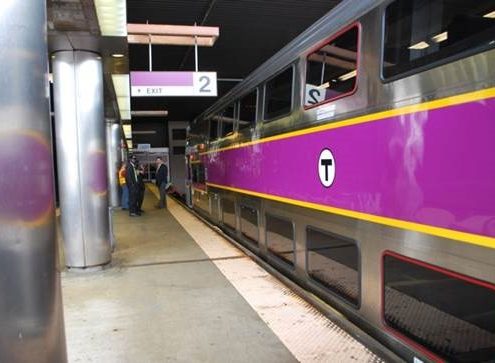
The MBTAs Capital Spending Crisis
The Massachusetts Legislature must free the MBTA from overly restrictive procurement methods and the T must dramatically increase its project and contract management capacity if it is to reach aggressive capital spending targets aimed at upgrading the system and accommodating more riders.

The State of Zoning for Accessory Dwelling Units
A review of 100 cities and towns around (but not including) Boston finds that loosening local zoning laws to allow for the development of more accessory dwelling units (ADUs) would help ease the region’s housing shortage without creating any significant problems. This new study is published by Pioneer Institute in partnership with the Massachusetts Smart Growth Alliance.
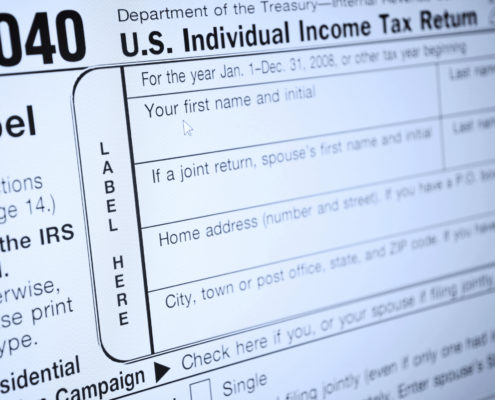
Eight more responses to Professor Young—nine really
Pioneer's Greg Sullivan offers a rebuttal to Professor Cristobal Young's criticism of his recent report, "Eight Reasons to Question Professor Cristobal Young's Conclusions about Millionaire's".

Eight Reasons to Question Professor Cristobal Young’s Conclusions about Millionaires
The work of a Stanford University Professor whose research has formed the foundation of efforts, such as one scheduled to appear on the Massachusetts ballot in November, to impose surtaxes on high earners is flawed because it excludes the vast majority of millionaires, according to a new study published by Pioneer Institute.

Housing & Who’s a ‘Millionaire’ according to Proposition 80
The tax hike on those with annual taxable incomes of $1 million or more that would result from a proposed amendment to the state constitution scheduled to appear on the Commonwealth’s November ballot would likely ensnare an ever-increasing number of taxpayers because the index used to adjust the million-dollar threshold has historically grown at a far slower rate than the taxable income of Massachusetts taxpayers and increases in state home values.

Proposition 80 Will Not Raise $2 Billion and The Money Won’t Be Free
Passage of Proposition 80, the tax hike proposal scheduled to appear on the November 2018 Massachusetts ballot, will fail to generate the level of revenue growth projected by its backers.

Will The Wealthy Leave? They Already Are and Proposition 80 Will Only Make it Worse
Passage of Proposition 80, the tax hike proposal scheduled to…

The Federal Tax Reform Act’s cap on deductions of state income taxes has turned Proposition 80 into an economic time bomb for Massachusetts
This report finds that recent passage of the federal tax overhaul legislation will exacerbate the negative economic impact of Proposition 80, the proposed constitutional amendment scheduled to appear on Massachusetts’ November ballot that would add a 4 percent surtax on annual taxable income over $1 million.
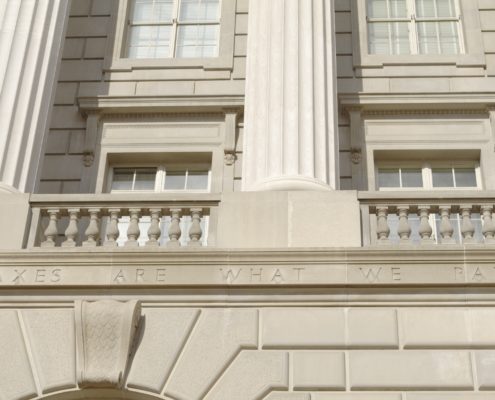
Back to Taxachusetts? Lessons from Connecticut
This report urges proponents of a 2018 statewide ballot initiative that would add a surcharge on the state taxes of those earning over $1 million annually to look at the experience of Connecticut, where multiple rounds of tax hikes aimed at high earners triggered an exodus of large employers and high-earning individuals that resulted in declining tax revenue.

Economic Freedom of North America 2017
Economic Freedom of North America 2017 is the thirteenth edition of the Fraser Institute’s annual report. This year it measures the extent to which the policies of individual provinces and states were, in 2015, supportive of economic freedom, the ability of individuals to act in the economic sphere free of undue restrictions.

Back to Taxachusetts Series: Capital Gains
This report shows that if Massachusetts voters approve Proposition 80, scheduled to appear on the statewide ballot next year, Massachusetts’ top capital gains tax rate would go from 30th highest in the nation to fourth and the commonwealth’s highest combined state and federal rate would move from 25th to second.
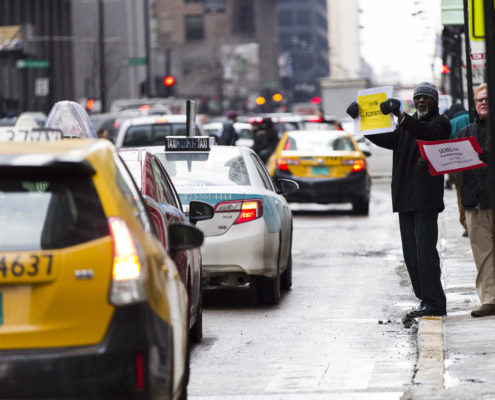
Leveling the playing field: the need for taxi reform in the Commonwealth
In Leveling the playing field: the need for taxi reform in the Commonwealth, authors Matt Blackbourn and Gregory Sullivan describe some of the unfair and outdated regulatory restrictions that cab operators face, and offer recommendations for the ride-for-hire task force, to be established by new legislation.

Important Considerations for Regulating Ridesharing in Massachusetts
Legislation recently approved by the Massachusetts House to create a new Ride for Hire Division within the state Department of Public Utilities to regulate Transportation Network Companies like Uber, Lyft and Fasten includes a number of fair and sensible protections for TNC customers, but goes too far to protect the outdated system of taxi medallions controlled by government regulators.

A New Start for Massachusetts Middle Cities
This white paper calls for the creation of an Infrastructure Investment Fund that would use excess money drawn from the Massachusetts Convention Center Fund to jumpstart economic activity in parts of Massachusetts that have not benefited from Greater Boston’s boom, through a competitive process built around local reforms.

Ten Years Later: Trends in Urban Redevelopment
This report updates a 2006 study of 14 Massachusetts cities with populations of more than 40,000 and average per-capita annual incomes of below $25,000 (Pittsfield is the one city in the study in which per-capita income is greater than $25,000). It provides a report card on how these Middle Cities are faring a decade after our last analysis, in terms of economic development, financial administration, education, and public safety. The aim is to inform the current policy discourse on redevelopment strategies in these important cities to identify municipalities and policy approaches that may serve as models for all Middle Cities.

A Road to Financing
This manual was prepared as part of the Urban Business Alliance (UBA)- a unique initiative of Pioneer’s Center for Urban Entrepreneurship that helps low- and moderate-income entrepreneurs by bolstering the skills of the community-based business advisors they look to for assistance.

Rebuilding the Ladder to Self- Sufficiency: Workfare and Welfare Reform
The full implementation of welfare reform in Massachusetts required a waiver from the federal government. The commonwealth requested such a waiver to allow for the work requirement, time limits, job training, and the centralization of its public assistance system. The waiver was granted for all except time limits.
